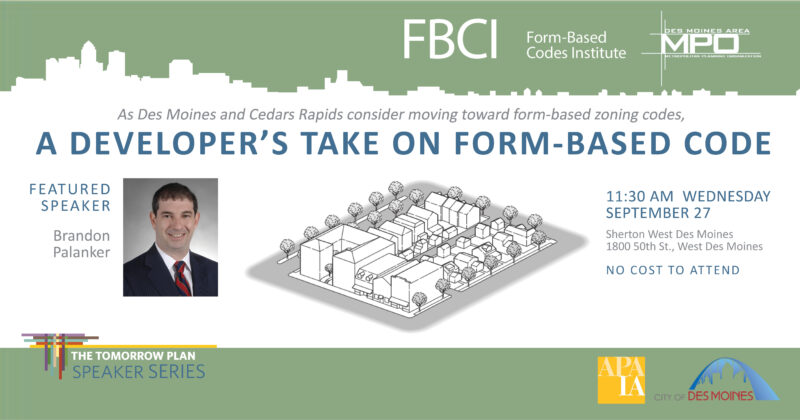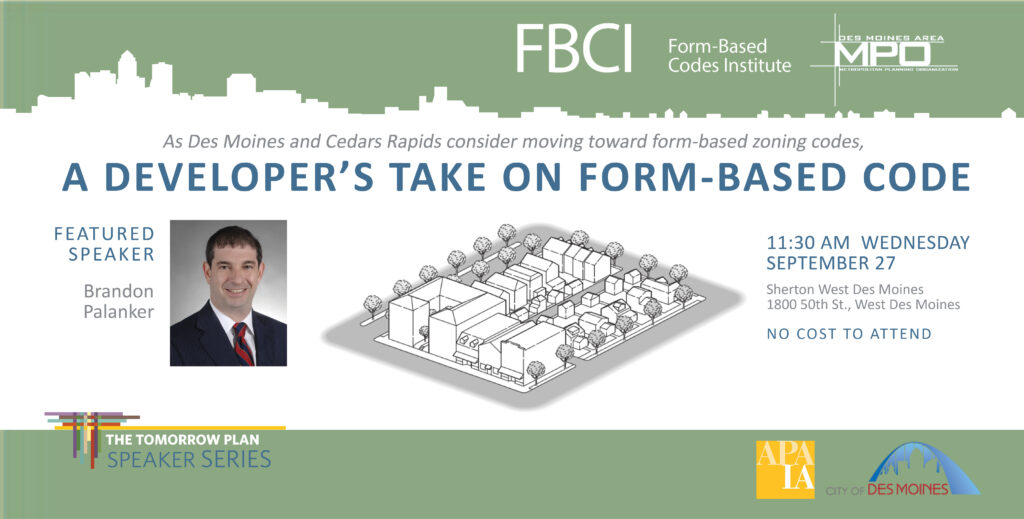
Speaker: Form-based zoning is quicker for developers, better for communities
Developing properties is quicker, more predictable, and often more profitable for developers in cities with form-based zoning codes – which the City of Des Moines is looking to adopt by year’s end. Not to mention, form-based zoning results in projects with better economics and social outcomes, ensuring support from local residents, businesses, and public officials.
So said Brandon Palanker, a master developer of walkable urban and suburban downtowns, during his talk September 27 as part of The Tomorrow Plan Speaker Series.
“Form-based codes are the best mechanism to align market forces with the wants and needs of the community,” Palanker says. “They provide a transparent and replicable process that simplifies development – and they create vibrant, walkable neighborhoods that people love.”
Presentation
[googleapps domain=”docs” dir=”/file/d/0B4cbN4B_cyf2b0hGRWZIaExaQ0k/preview” query=”” width=”900″ height=”520″ /]
The two largest cities in Iowa – Des Moines and Cedar Rapids – are both in the process of adopting form-based codes, replacing decades-old, use-based codes. What’s the difference? According to the Form-Based Codes Institute:
“Conventional zoning, or Euclidian zoning, seeks to separate uses in structures; for example keeping factories away from residences. Little attention is paid to the public realm – streets, sidewalks, open spaces – or to the form of the buildings and blocks. This approach often leads sprawl, loss of identity, reduced walkability and segregation of different populations. Planners and community decision makers in search of ways to improve walkability, retain community character and preserve important open spaces turned to form-based codes as a way to reform their zoning. … Form-based codes have grown in recognition as a way to create a regulatory framework for communities that that are walkable, unifying, and vibrant.”
Palanker will be joined on stage by planner Leslie Oberholtzer and architect and planner Geoffrey Ferrell. Oberholtzer is a principal and Director of Planning at Chicago-based CodaMetrics, the firm hired to rewrite Des Moines’ zoning code. Ferrell is a principal at Washington D.C.-based Ferrell Madden, the firm hired to rewrite Cedar Rapids’ zoning code.
The Tomorrow Plan Speaker Series is an implementation Strategy of The Tomorrow Plan, a forward-thinking plan for the sustainable development of Greater Des Moines. The form-based codes drafted for Des Moines would support the goals and strategies of The Tomorrow Plan, notably the “Nodes and Corridors Initiative,” which recommends higher concentrations of development on key transportation corridors.
Short Take (3:20 minutes)
Full Talk (33 minutes)
About the Speakers
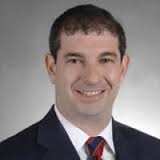
Brandon Palanker is a renowned thought leader in the fields of downtown revitalization, mixed-use development and public engagement. Over the past decade, Brandon was instrumental in garnering community support and municipal entitlements for over $10 billion of mixed-use development, representing over 10,000 residential units and nearly 20 million square feet of development potential. He was instrumental in launching the nation’s first “Crowdsourced Placemaking” program, during his time leading public engagement for Renaissance Downtowns, a leading developer of urban-suburban downtowns in the northeast. Brandon recently moved to Dallas to join forces with Scott Polikov of Gateway Planning Group to form GP Development, a development platform that will leverage Brandon’s experience as a Master Developer of walkable urban-suburban downtowns with Scott’s proven ability to unleash economic and social value through integrating urban design, town planning, infrastructure and public-private financing strategies. He is a Board Member of the Real Estate Institute at Stony Brook University and the national Form-Based Codes Institute, and serves on the Urban Land Institute’s Mixed-Used Development Council. Brandon has also long been an active member of LOCUS Responsible Developers, working with their Steering Committee on policy positions and recommendations.

Leslie Oberholtzer is a principal and Director of Planning at CodaMetrics, a boutique planning lab in Chicago, Illinois. With over 25 years of experience in urban design and smart growth planning, she works to promote sustainable development through the availability of alternative transportation and housing choices, the development of valuable places, and the preservation of community traditions. In addition to being a registered landscape architect and a certified planner, she is National Charrette Institute (NCI) certified and a LEED Associated Professional. Over the past 12 years, Leslie has developed over twenty-five neighborhood and full city codes for communities across the country. Recently, her work has focused on the research and development of form-based codes for Transit Oriented Development (TOD) nodes, corridors, and neighborhoods. Sustainability is at the core of the work Leslie produces not only through a focus on walkable and transit-served places, but also through the development of alternative energy, conservation area, and tree preservation ordinances. Leslie is currently working on a new Form-Based Code for the City of Des Moines.
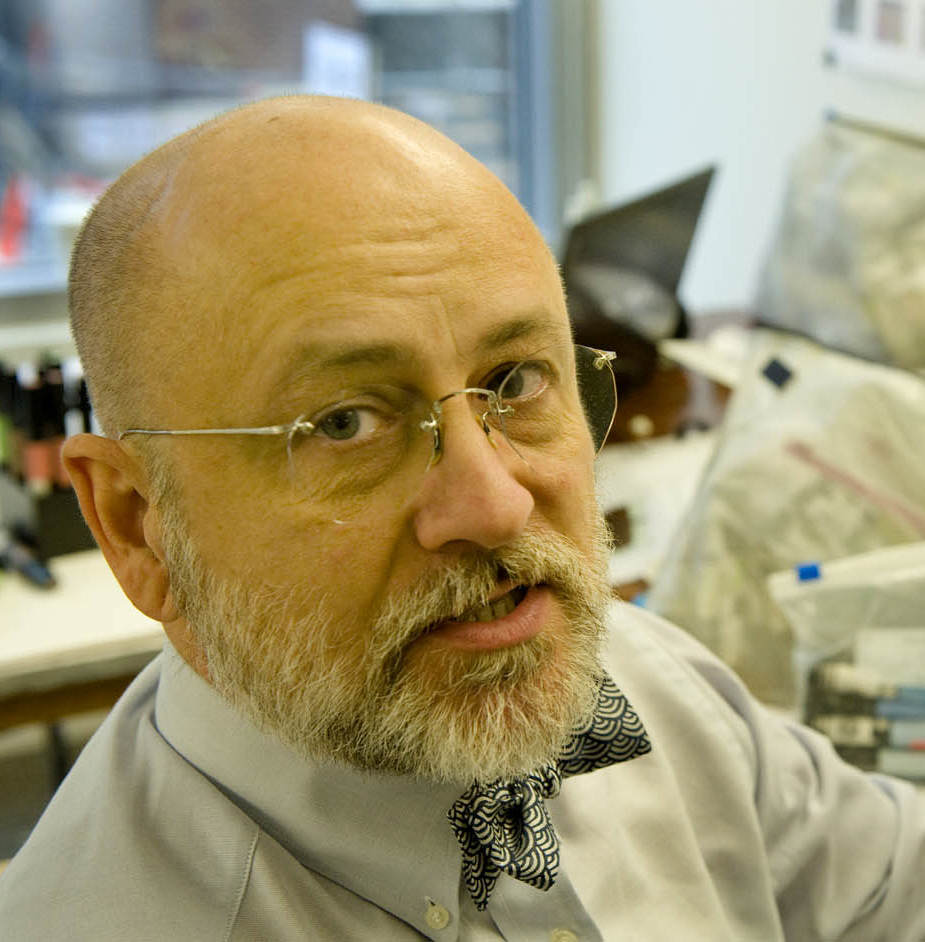
Geoffrey Ferrell is one of the originators of the modern practice of Form-Based Codes. A principal at Ferrell Madden, his work ranges from site-specific urban designs to zoning-toolkits to replace Euclidean zones – development regulations that emphasize clarity for end-users. His experience with adopted municipal form-based codes goes back to 1991 with the Metropolitan Dade County Traditional Neighborhood Ordinance. His firm’s Form-Based Codes for the Farmers Branch, Texas, Station Area and Heart of Peoria Form-Districts in Peoria, Illinois, received the Richard Driehaus Form-Based Code Award in 2007 and 2010, respectively. Ferrell Madden’s work is featured in the books Form-Based Codes, The New Urbanism, and Retrofitting Suburbia. Ferrell Madden is a member of the team currently working on a new form-based code for Cedar Rapids, Iowa. Mr. Ferrell holds a Master of Architecture degree with a Certificate in American Urbanism from the University of Virginia, a Bachelor of Architecture from Oregon School of Design, and a Bachelor of Science in Public Policy from Willamette University. He is a Charter Member of the Congress for the New Urbanism and a Charter Board Member for the Form-Based Codes Institute.
About the Partners
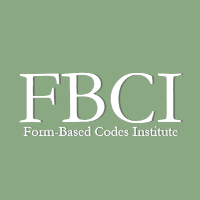
The Form-Based Codes Institute (FBCI) is a non-profit professional organization dedicated to advancing the understanding and use of form-based codes. FBCI pursues this objective by developing standards for form-based codes, providing education, and serving as a forum for discussion and advancement of form-based codes.
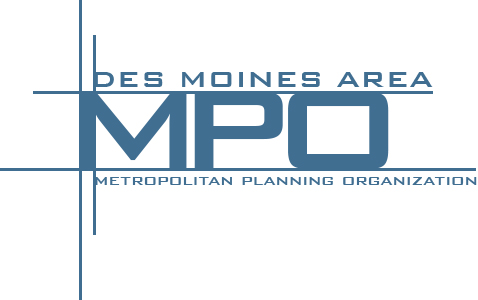
The Des Moines Area Metropolitan Planning Organization (MPO) acts as a regional forum to ensure coordination between the public and local, state, and federal agencies in regard to planning issues and to prepare transportation plans and programs. The MPO develops both long- and short-range multimodal transportation plans, selects and approves projects for federal funding based upon regional priorities, and develops methods to reduce traffic congestion.

